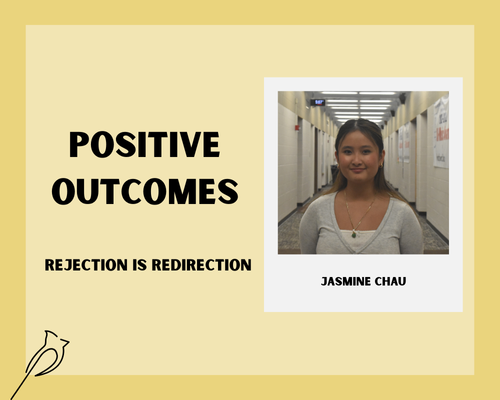Profit over people?
Modern Medicine needs to be rethought in a more caring way
Health is one of the leading factors in societal growth. Medicine is the horse to health’s chariot. As time goes on, more and more groundbreaking discoveries are made. From this, life becomes easier, people become happier and they live longer.
Oxycontin is a fantastic example of a life changing medicine. It’s a pain killer and is highly effective. When released in 1996 it was praised for the good it seemed to do. But, aside from its strengths, it got out of control. Oxycontin is highly addictive, and people fell right into that side of the drug. It changed the lives of many, and most of the time in a very negative way. The opioid epidemic largely relies on this product now becoming illegally sold now more than ever.
So one should ask, why do pharmaceutical companies want this drug to stay on the market? This so-called “miracle drug” is killing thousands of people a year, shadowing the actual use of the medicine. The answer put simply; it is profitable.
These companies love money. Whenever a drug makes large amounts of money , nothing short of a ban will stop them from producing it. Looking at that, it would seem that the companies care more about profit than people. This is incredibly inhuman and unethical.
In recent years clinical trials have been held testing the effects of psychedelic medicine on, mostly, mental health. Psychedelic medicine involves psycho-active drugs under the supervision of medical professionals. The efficacy rates when using these chemicals have shocked researchers.
For example, 3,4-methylenedioxy-methamphetamine(MDMA) is being used in clinical trials to treat individuals with PTSD. Most of the patients are military veterans suffering with this disorder. By the end of the trial, almost all of the participants recovered from their PTSD in two or less treatments.
No other pharmaceutical drug has ever been able to do this. It is revolutionary to society and especially the veteran community. When a relatively short experience can change a one’s life completely for the better, why wouldn’t this become the new “miracle drug?”
Another example would be the research with psilocybin. This is a chemical found in mushrooms called psilocybe cubensis, otherwise known as “magic mushrooms”. One of its focuses is on those suffering with chronic depression and anxiety. Again, the trials have been incredibly successful, showing to be potentially four times as powerful as any anti-depressant pill on the market.
An additional focus is using psilocybin with terminal cancer patients. These guided sections are designed to help take away the fear in these participants’ minds. The results are astounding, in almost all cases, any fear of death or the disease itself vanishes.
So again, it begs the question, why hasn’t this been snatched up by one of the few prominent pharmaceutical companies?
The answer is rather elementary, it’s because it’s simply not profitable. If we think about the modus operandi of traditional pharma, we imagine many prescriptions over a long amount of time. Companies can repeatedly charge an individual over weeks, months or even years if they control the only assumed solution to the problem. This is, without a doubt, a very effective way to collect money, but truly helping people should be the real focus.
Overall these companies scarcely care about anything besides what they can make off of a drug. But, they need to. Without that, people can’t get the help that they really need and they suffer from it. When the focus is put more on people, and less on profit, a trusting relationship can form between company and consumer.
This is the desired pure nature of what modern pharma should look like. A true care for people and their wellbeing. Without this type of balance, a sound model of medicine and health stands by in darkness.

Hello, my name is Noah Daniel. I’ll be serving as both the podcast host and Red Onion editor for The Journal this year. I am a senior at SHS, and it...







